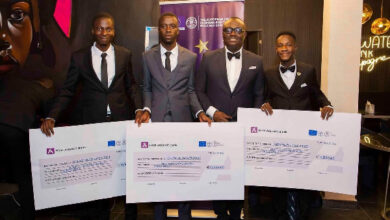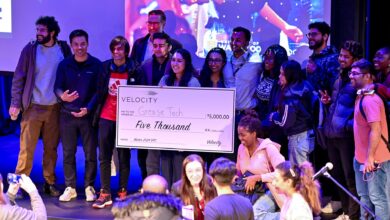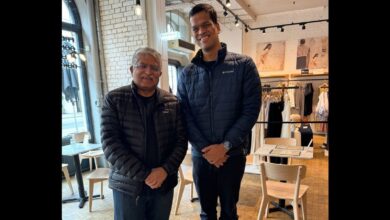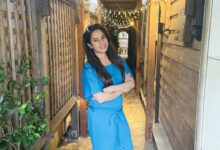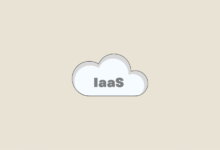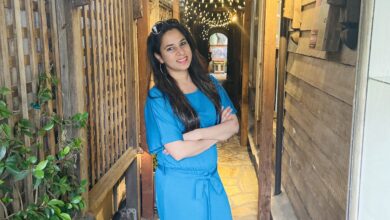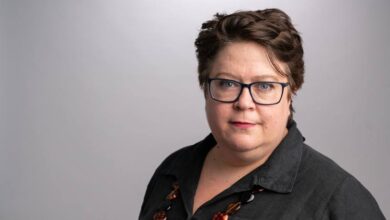Armada Provides Support, Structure to Student Entrepreneurs
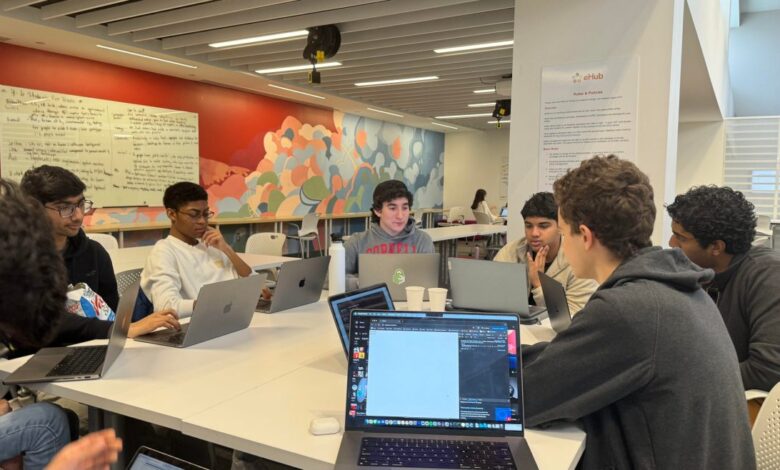
This semester, four freshmen founded an organization that provides a space for student entrepreneurs to build and think creatively.
Cornell Armada, founded by Rishi Gurjar ’27, Ronald Leung ’27, Simon Ilincev ’27 and Rahul Ramarao ’27, is an entrepreneurial club of approximately 20 students. The name, Gurjar explains, refers to the group’s mission — helping members ship viable products.
“We wanted to create a community of people actually building stuff,” Gurjar said. “[So when members are asked] ‘what are you doing there?’ [they can say] ‘oh, yeah, over the weekend, I made this minimum viable product,’ or ‘I was able to put this together in a couple hours.’”
The club, which takes its name from the Spanish fleet of ships, aims to provide a focused space for creatives to work on projects. During the meetings, members often work individually or in small teams on various projects around a single, large table. In addition to providing a focused space, the club seeks to connect members with one another in a smaller environment.
The founders met through existing entrepreneurial organizations on campus, but soon discovered that they would prefer an environment devoted to executing ideas, rather than existing organizations that, in their opinion, focused more on networking. They began meeting weekly and leveraged network effects to grow the club to its current size.
“[We thought], ‘if we’re meeting once a week anyway to work on our stuff, [we] might as well invite our friends,’ and those friends started to like it, and then they invited their friends,” Gurjar said. “We were able to harness the power of builders, because we found this unique thing about Cornell where people building things knew each other, and creative people knew each other.”
Leaderboard 2
Skai Nzeuton ’27, a member of the club, said that Armada is a supplement to, but not a replacement for, existing entrepreneurial resources at the University. He said that eHub facilitates the process of connecting students with grants, in addition to being a place to receive advice on one’s business.
“[Armada] is more of an action-focused group, whereas at eHub, you can meet other people talking about ideas,” Nzeuton said. “[In Armada], a lot of the focus is building and shipping products.”
At the start of each meeting, members write on a whiteboard their goals for that day’s meeting. Gurjar said that these targets help members self-reflect and improve in the future, while avoiding micromanagement. He said the club, by design, implements an egalitarian power structure.
Newsletter Signup
“Builders and creatives are often inherently individuals — they’re often contrarians, and they don’t like to be herded like sheep,” Gurjar said. “So, what we try to do is implement structures that are really individualized and really concentrate power at their level, rather than someone above them.”
Once goals are on the board, teams and individuals set off to achieve their day’s goals, regrouping only at the end of the meeting to discuss what they achieved. The idea is that placing members with other creatives spurs creativity and accountability to one another.
“It’s motivating, because if you’re sitting around other people who are actually working, it forces you to ship features,” said Wyatt Sell ’27, a member of the club. “It’s important to put [goals] on the board because you have something that you are concretely trying to achieve, rather than messing about on making buttons pretty.”
At Armada’s most recent meeting, Sell was working on a project called Maximus, a web interface for visualizing quotations, or maxims, on a two-dimensional grid. Users can create an account, then input quotations to appear on the grid.
The tool utilizes a large language model to produce over 1,000 numeric values relating to properties of the quotation. Then, through an algorithm Sell developed, these values are reduced to two values — an x- and y-coordinate. Quotations with similar sentiments and themes are plotted closer to one another on the grid.
Sell said that Maximus is a passion project, developed out of his own desire to connect similar ideas. However, he recognized that the tool, once released, may have broader applications, such as for graduate students completing a dissertation.
“They’ve probably highlighted thousands of things in books, and now they have to turn this into a dissertation,” Sell said. “Even if you could write them all down, it’s not clear how they relate to each other, and you can’t search for them very well. So, [Maximus] is a visual way of doing that.”
Armada, while only in its first semester, is already looking ahead to the fall. Despite fearing that registering with Cornell would be “too restrictive,” Gurjar said that the organization now plans to formalize as an external student organization next semester. Armada is also in talks with venture capital funds for sponsorships, including the 1517 Fund, Antler and General Catalyst. Currently, the four founders fund club operating costs out-of-pocket, along with donations from members.
With recognition and funding, Armada plans on hosting “regattas” in the fall, named for when ships compete. Similar to a hackathon, a regatta would involve teams solving a problem in limited time with limited resources, such as by restricting access to the Internet.
For now, however, Armada is focused on connecting creatives with one another in a focused environment, defeating imposter syndrome and shipping viable products.
“If Picasso was always anxious about what people would think about his art, he would have never put his paintbrush to the easel and the canvas, and no one would’ve ever seen his art,” Gurjar said. “Entrepreneurs and artists [can] have that same issue of [not] putting [themselves] out there and keeping their amazing ideas in their head. [In] Armada, you’re steered in the right way to ship things.”
Chris Walkowiak is a Sun Contributor and can be reached at [email protected].
